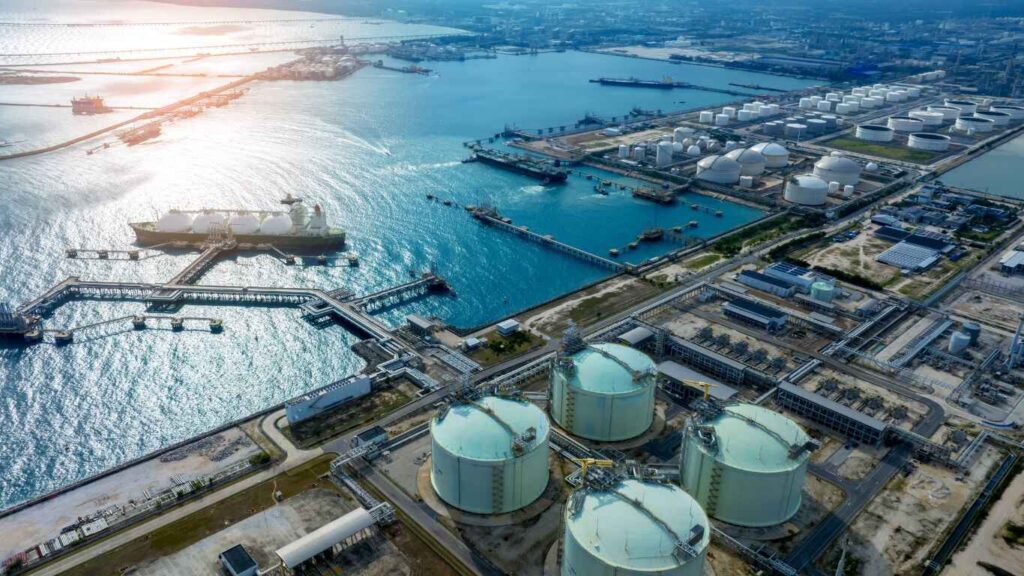The recent conflict between Iran and Israel is making waves not only in the geopolitical sphere but also in global markets, especially in the oil sector. With tensions rising in the Middle East, crude oil prices are soaring, and this is beginning to affect economies worldwide, including India. For Indian consumers, the burning question is: Will the price of petrol skyrocket to ₹250 per litre? Let’s dive into how this war could reshape fuel prices in the country.
Crude Oil Prices Surge
Before the Iran-Israel war broke out, crude oil prices were relatively stable. As of last week, crude was trading at about $68 per barrel. However, as tensions have escalated, prices have surged to around $75-78 per barrel—a significant 10% increase in just one month.
Leading financial institutions like Goldman Sachs predict that if the conflict worsens and oil reserves in Iran are targeted, crude oil prices could soar to $200 per barrel. This massive increase would have a direct impact on fuel prices in India, which heavily depends on oil imports.
Impact on Petrol Prices in India
Currently, petrol prices in major Indian cities, such as Delhi, are hovering around ₹95 per litre. However, if crude oil reaches the predicted $200 per barrel, analysts suggest that petrol prices in India could rise to an astronomical ₹250 per litre.
This price increase would hit Indian consumers hard, as fuel costs affect everything from transportation to the cost of goods. Diesel and petrol price hikes are often accompanied by rising inflation, leading to a chain reaction across the economy.
Global Supply Chain Disruption
Iran is one of the world’s largest oil producers, pumping around 4 million barrels of crude oil daily. If the conflict intensifies and Israeli forces target Iran’s oil reserves, about 4% of the global oil supply could be at risk.
According to a report by Goldman Sachs, such a disruption could push crude prices up by $20 per barrel almost overnight. The supply chain disruptions could further escalate prices, making crude oil a scarce and expensive commodity in global markets.
Economic and Geopolitical Factors
Beyond just the immediate conflict, the Iran-Israel war has broader geopolitical implications. The U.S., a close ally of Israel, is involved in discussions about potentially supporting attacks on Iranian oil facilities. This could lead to new sanctions or restrictions on Iran’s oil exports, putting additional pressure on the already strained global oil market.
OPEC+ nations, which include oil-rich countries like Saudi Arabia and Russia, have historically controlled oil production to manage prices. However, the instability caused by the war may lead OPEC+ to adjust their strategies, either cutting or increasing oil output to stabilize prices.
Potential Benefits for Indian Oil Companies
Interestingly, while rising oil prices hurt consumers, they often benefit oil companies. In the financial year 2023-24, India’s three major oil companies—Indian Oil Corporation (IOC), Bharat Petroleum (BPCL), and Hindustan Petroleum (HPCL)—posted combined profits of ₹81,000 crore.
Indian Oil Corporation alone earned ₹40,000 crore, with BPCL and HPCL earning ₹26,670 crore and ₹14,700 crore, respectively. These companies could see their profits rise even further if oil prices continue to climb, although they would also face higher costs for crude imports.
Future Predictions
The future of oil prices hinges on how the Iran-Israel conflict unfolds. Experts believe that if the conflict is resolved swiftly, oil prices could stabilize, easing the burden on consumers. However, if tensions escalate, crude oil prices could continue their upward trajectory, pushing petrol prices in India towards the dreaded ₹250 per litre mark.
The ripple effects of such a price hike would be felt across the economy, with inflation surging and the cost of transportation and goods increasing dramatically. However, there is also hope that the Indian government may step in with measures such as tax cuts or subsidies to protect consumers from the worst of the impact.
Conclusion
The Iran-Israel conflict is not just a geopolitical issue; it has far-reaching consequences for the global economy and, specifically, for Indian consumers. While crude oil prices are already on the rise, the potential for further escalation could push petrol prices to unprecedented levels in India. The question remains: will we soon be paying ₹250 per litre for petrol? Only time will tell, but for now, the situation remains tense, and consumers should brace for possible fuel price hikes.
